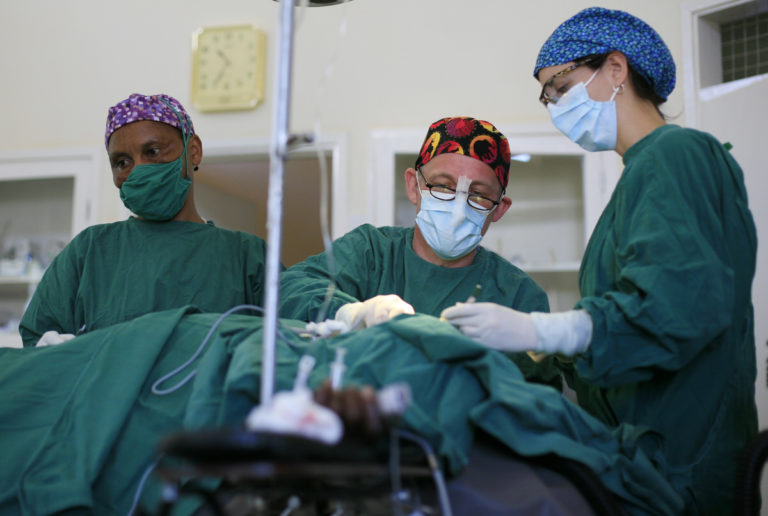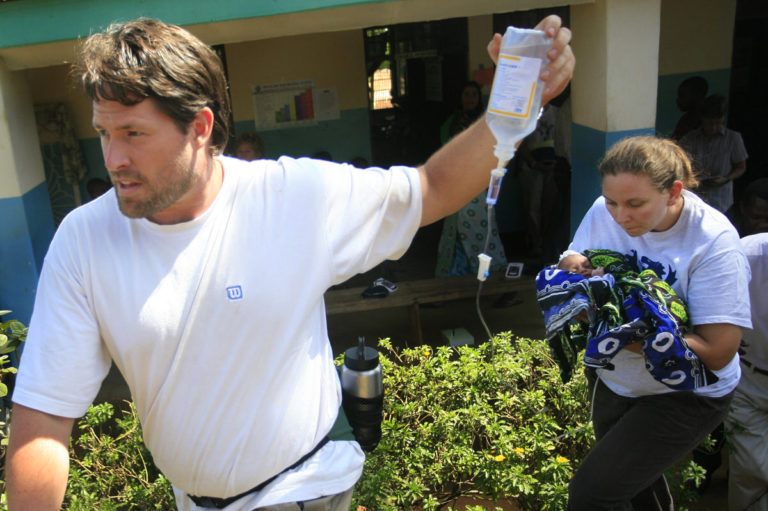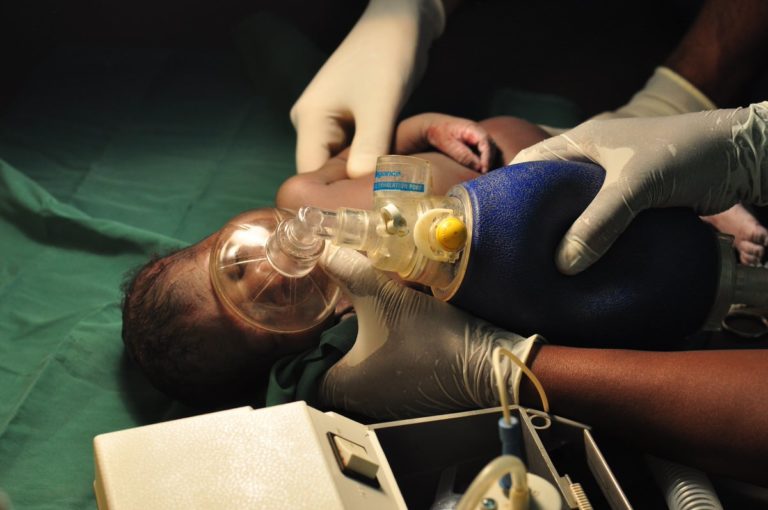Donate | Details | Objectives | Volunteers | Join | Top
- Since 2014, in partnership with the Shirati Kanisa la Mennonite Diocese, we have focused on building infrastructure at the Bishop Kisare Vocational Open School (BKVOS). This school is owned and managed by Kanisa la Mennonite Diocese in Shirati, Tanzania. The School is fully accredited and we have been assisting with their multi-year build plan over the last ten years. Projects have included construction of an administration building, classrooms, washrooms, and outdoor workstations. The most recent construction involved running 3 Phase power to the Manufacturing classroom, installing security lights, and refurbishing the washroom facilities with connection to the new well drilled in 2022.
BKVOS Faculties include Welding/Manufacturing, Auto Mechanics, Tailoring, Electrical, Carpentry/Joinery, Computers, and Driver Education programs.
Location
Dates
Mission Lead/s
Mission Cost per participant
Estimated Flight Cost
Partner
Beneficiaries
Primary mission language
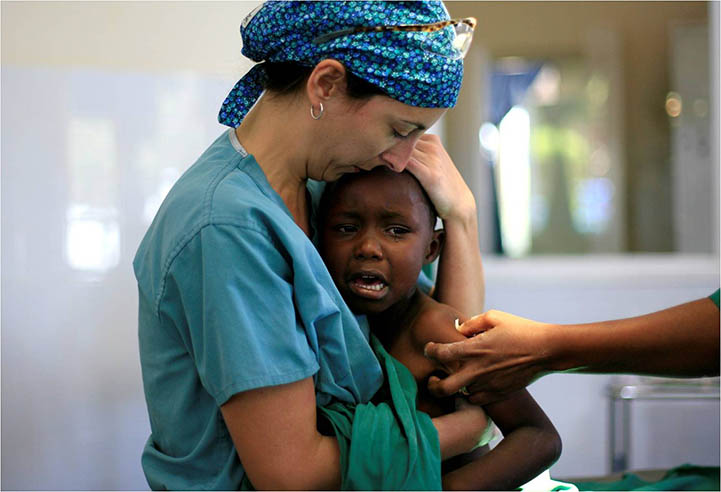
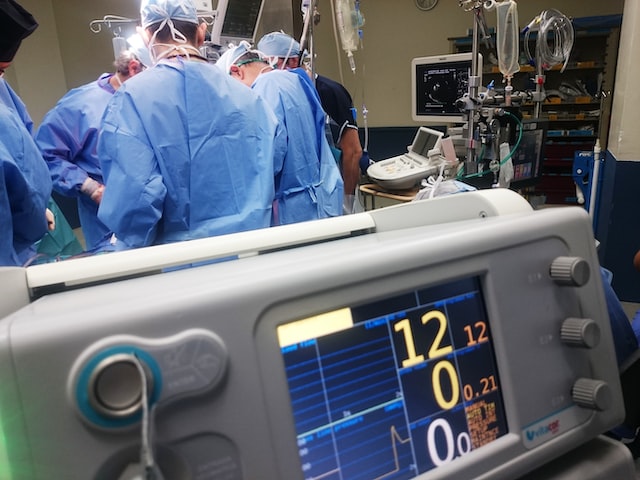
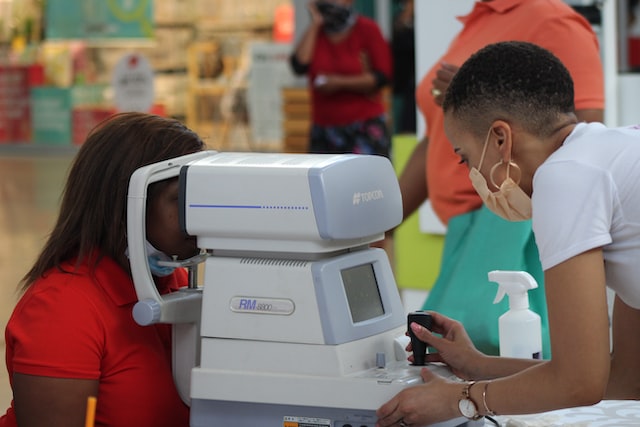
OBJECTIVES:
Part of the funds we are trying to raise will be used to pay for seed money to get specific Profit Projects started for additional student experience and supportive funds for the school. These include fabrication and sales of school desks and chairs, and school uniforms sewn and sold to local students who are all required to have a uniform in order to attend any school in the country.
A new aspect of our project is in support of the Shirati Hospital Dental and Optometry Programs. Plans are quite fluid but we hope to partner with existing companies in each of these fields to do remote village triage as we can, with assistance to transport the more difficult cases to the hospital. We have collected nearly 400 pairs of used glasses which we will catalogue and bring along to be distributed.
In addition to these medical plans, there continues to be a need for housing construction for disadvantaged parishioners in the KMT catchment area and we expect to be involved in at least one hut build again in 2024.
The female members of our teams will continue their involvement in female hygiene education and the distribution of Days for Girls or similar reusable female hygiene kits to high school girls and young women. We are working to source these reusable kits locally and to ensure that this aspect of our project is conducted in a culturally appropriate manner. Procuring the goods locally contributes to improving the local economy and promotes sustainability.
Finally, and maybe, most importantly, we hope to continue to build relationships with our Shirati friends. Over the years, we have made connections with many people who have taught us a lot. These relationships are important. We will continue to learn from, and build friendships with, our connections in Tanzania. One of our key local personal connections that assists us on the ground with logistics, planning, and liaison with the Diocese Staff and other indigenous partners has been our relationship with Fred Otieno. Fred is the former Community Services Director with the Diocese and our current liaison for this Project.
For further information please contact
Terry Janzen
For up to date travel information, please consult the Government of Canada – Travel Advice and Advisories site: https://travel.gc.ca/destinations/ The World Health Organization has a comprehensive website on the Ebola virus. https://www.who.int/csr/disease/ebola/en/
CACHA medical missions are non-profit and self-funded by volunteers and their donors. The mission cost is disbursed over a variety of mission-related expenses including; accommodation, food, in-country transportation, allowances for locally engaged partners, medical and logistics equipment and supplies, communications, customs, medical treatments and referrals for patients, as well as CACHA overhead and management, CACHA membership fee, and helps to support many of our CACHA projects.
All donations submitted to CACHA toward payment of mission costs and plane tickets are tax deductible.
You can donate to any of these volunteers, just click “read more” and use the donation form on their page
